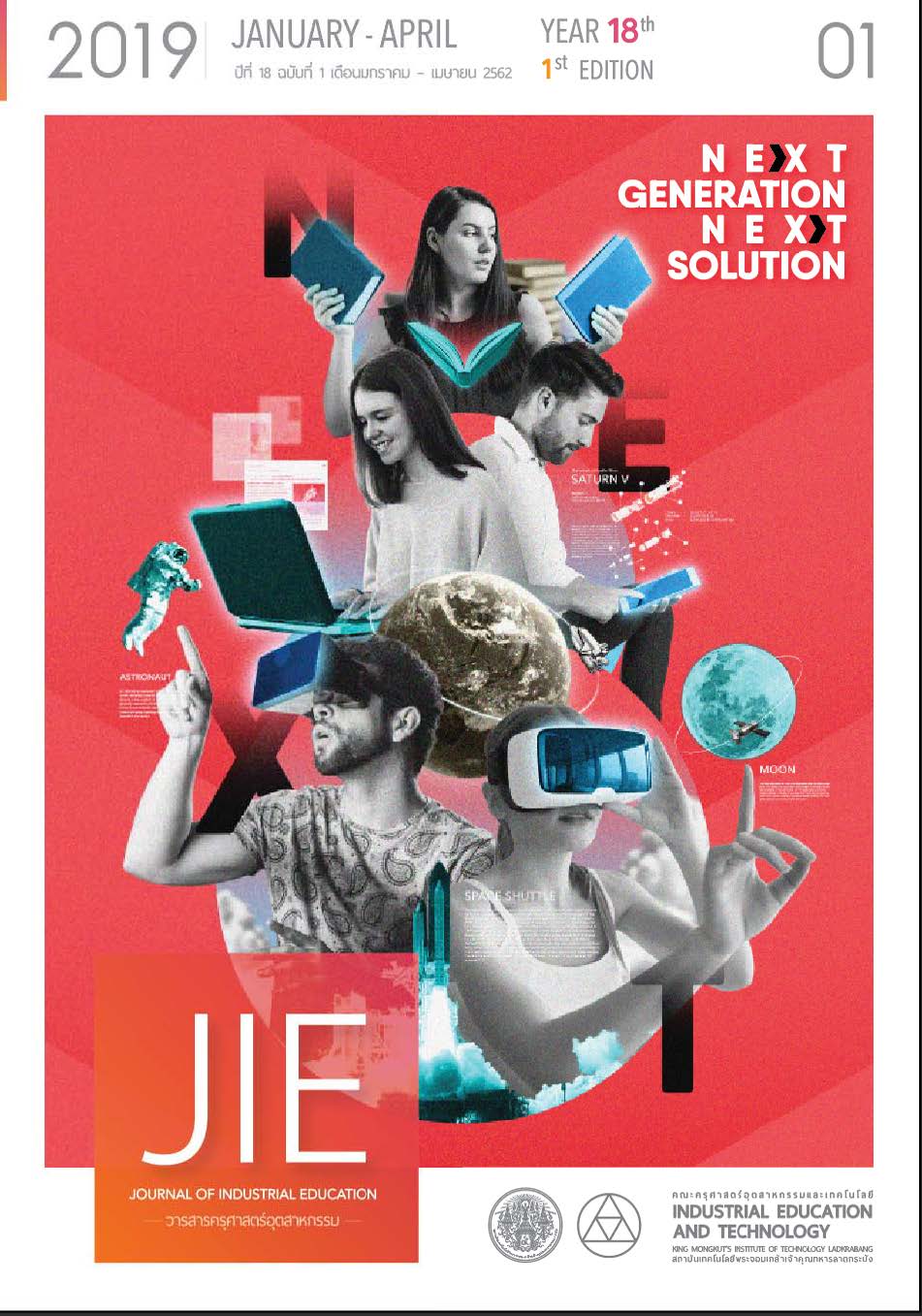การวิเคราะห์องค์ประกอบภาวะผู้นำเชิงสร้างสรรค์ของผู้บริหารสถานศึกษา สังกัดกระทรวงวัฒนธรรม
คำสำคัญ:
ภาวะผู้นำเชิงสร้างสรรค์, องค์ประกอบภาวะผู้นำ, ผู้บริหารสถานศึกษาบทคัดย่อ
การวิจัยครั้งนี้มีวัตถุประสงค์เพื่อวิเคราะห์องค์ประกอบภาวะผู้นำเชิงสร้างสรรค์ของผู้บริหารสถานศึกษา สังกัดกระทรวงวัฒนธรรม และเพื่อศึกษาความคิดเห็นของครูและบุคลากรทางการศึกษา ที่มีต่อองค์ประกอบภาวะผู้นำเชิงสร้างสรรค์ของผู้บริหารสถานศึกษา สังกัดกระทรวงวัฒนธรรม กลุ่มตัวอย่างคือ ครูและบุคลากรทางการศึกษาของสถานศึกษา สังกัดกระทรวงวัฒนธรรมได้มาจากการสุ่มตัวอย่างแบบหลายขั้นตอน เครื่องมือที่ใช้ในการเก็บรวบรวมข้อมูล คือ แบบสอบถามมาตราส่วนประมาณค่า 5 ระดับ ซึ่งความตรงเชิงเนื้อหาระหว่าง 0.80 - 1.00 ค่าอำนาจจำแนกอยู่ระหว่าง 0.332 - 0.809 และมีค่าความเชื่อมั่นเท่ากับ .923 วิเคราะห์ข้อมูลโดยใช้การวิเคราะห์องค์ประกอบเชิงสำรวจ
ผลการวิจัยพบว่า
1) องค์ประกอบภาวะผู้นำเชิงสร้างสรรค์ของผู้บริหารสถานศึกษา สังกัดกระทรวงวัฒนธรรม ประกอบด้วย 3 องค์ประกอบ คือ ด้านความยืดหยุ่นและจินตนาการ ด้านวิสัยทัศน์แนวปฏิบัติ และด้านความไว้วางใจ
2) ความคิดเห็นของครูและบุคลากรทางการศึกษา ที่มีต่อองค์ประกอบภาวะผู้นำเชิงสร้างสรรค์ของผู้บริหารสถานศึกษา สังกัดกระทรวงวัฒนธรรม มีค่าเฉลี่ยโดยรวมอยู่ในระดับมากทุกด้านเรียงลำดับค่าเฉลี่ยจากมากไปหาน้อย คือ ด้านความยืดหยุ่นและจินตนาการ ด้านความไว้วางใจ และด้านวิสัยทัศน์แนวปฏิบัติ
เอกสารอ้างอิง
Kittkhan Patipan. 2017. https://www.academia.edu/8634471/Creative_Leadership. 15 October 2017.
Chernin, P. 2001. Creative leadership : The strength of ideas The power of the imagination.Vital Speeches of the Day, 68(8), p.245.
Bennis, W. 2002. Creative Leadership. [ABI]. Bangkok : Chulalongkorn University.
Ibbotson, Piers & Darso, Lotte. 2008. Directing creative: The art and craft of Creative Leadership. Journal of Management and Organization, 14 (5), p. 548-559.
Hair, J. et.al. 2010. Multivariate data Analysis : A global perspective. (7th ed). New Jersey : Pearson Education Inc Joreskog.
Boonchan Sisan. 2014. Research methodology in educational administration. Bangkok : Mean Service Supply Limited Partnership.
Sarisa Patesin. 2011. The brain training technique Solution Strategy Success. Bangkok : Thai quality book.
Kamchorn Soonpongsri. 2012. AESTHETICS. Bangkok : Chulalongkorn University.
Sukanya Srisacorn. 2004. The Development of problem solving ability of Eighth grade students taught by future problem solving technique. Master of Education. Department of Curriculim and Instruction Graduate School Silpakorn University.
Cook, J. & Wall, T. 1980. New work attitude measures of trust : organizational commitment and personal need non-fulfillment. Journal of Occupational Psychology, 53, 39-52.
Shaw, R. B. 1997. Trust in the balance. 2nd ed. San Francisco : Jossey-Bass.
Charinee siguljoy, et.al. 2015. The Creative Leadership of School of School Administrators which Affected Schools Atmosphere under the Office of Chachoengsao Primary Education-Area 2. M.Ed.; Educational Administration Srinakharinwirot University.
Porntip Pankong. 2016.Creative Leadership/School Administrator/ Chonburi Primary Educational Service Area Office 3. M.Ed.; Educational Administration Burapha University.
Wattana Pakika. 2017. Developing Creative Leadership Program for School Administrators. Ed.D, Educational Administration and Development Mahasarakham University.
Duangkhae Kumnok. 2016. A Study of the Creative Leadership of the School Administrators under Nakhon Ratchasima Primary Education Service Area Office 6. M.Ed.; Educational Administration Nakhon Ratchasima Rajabhat University.
ดาวน์โหลด
เผยแพร่แล้ว
รูปแบบการอ้างอิง
ฉบับ
ประเภทบทความ
สัญญาอนุญาต
"ข้อคิดเห็น เนื้อหา รวมทั้งการใช้ภาษาในบทความถือเป็นความรับผิดชอบของผู้เขียน"



